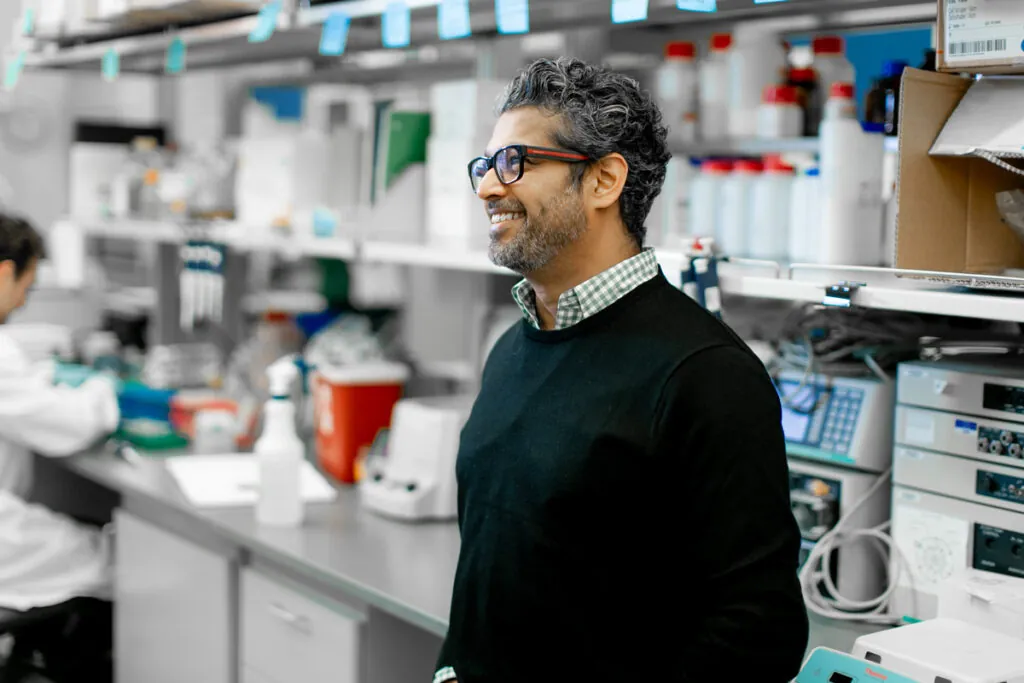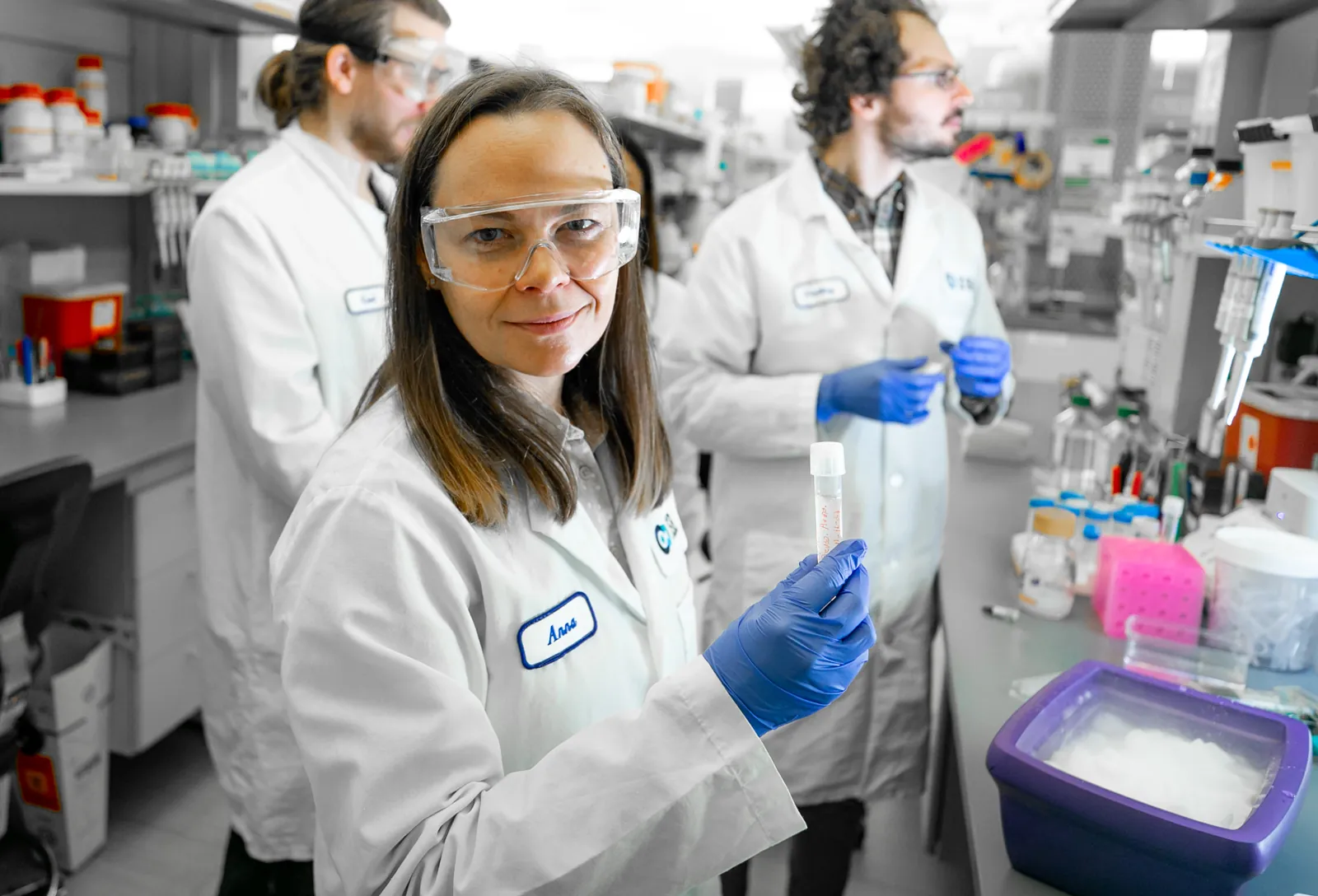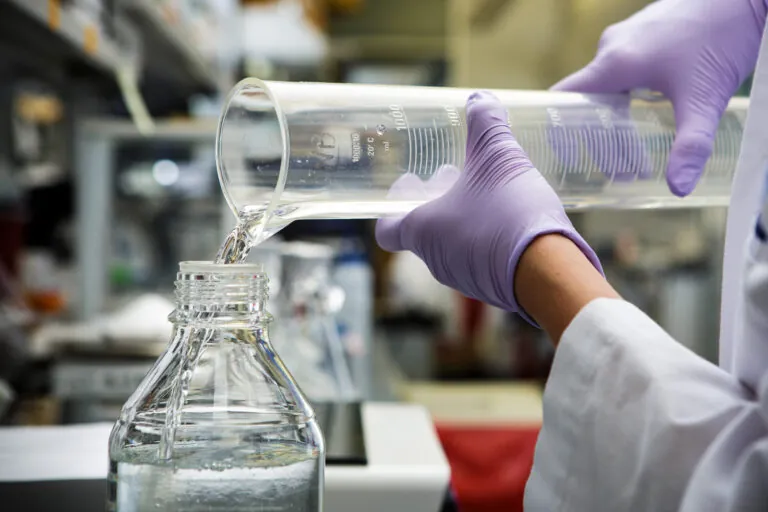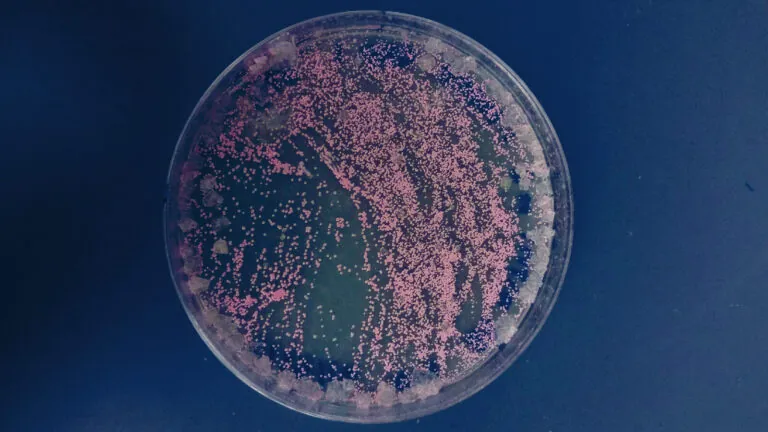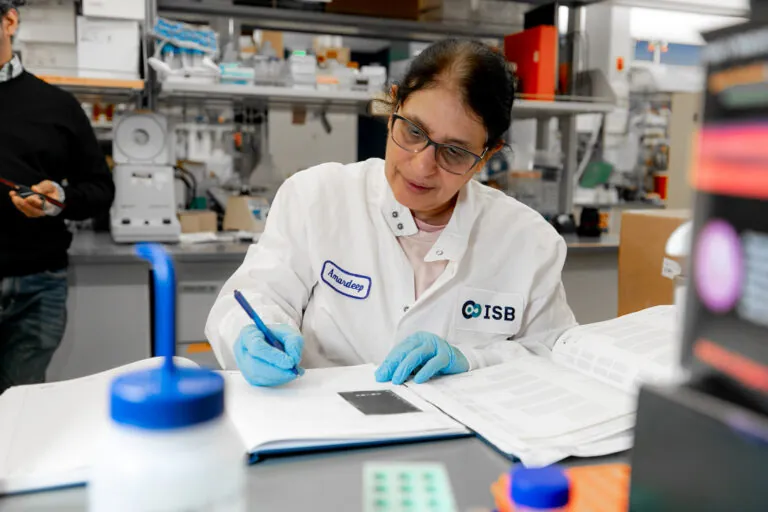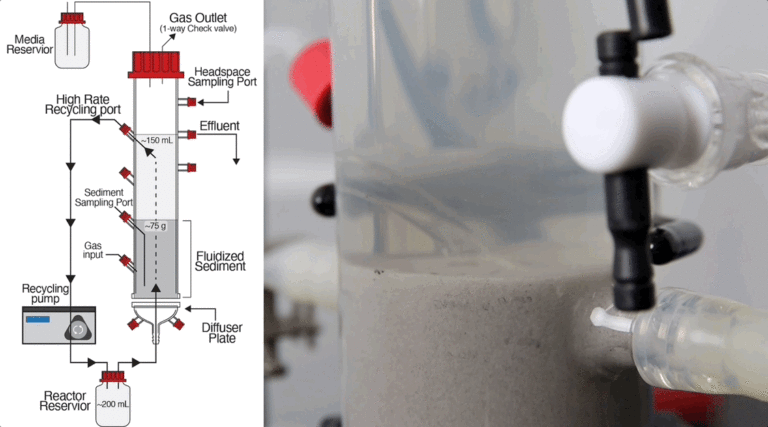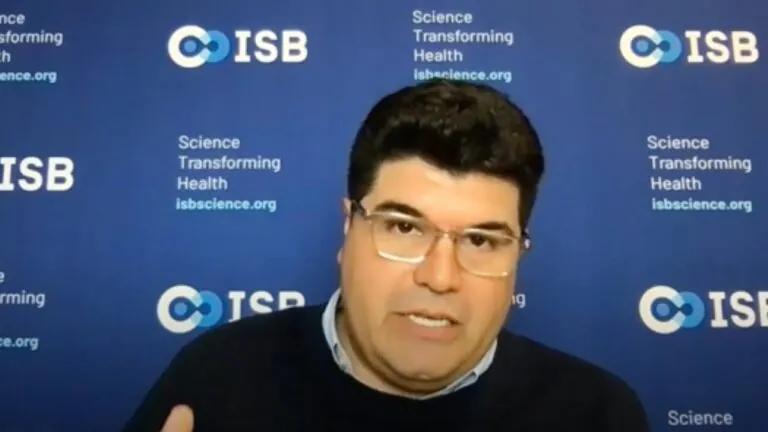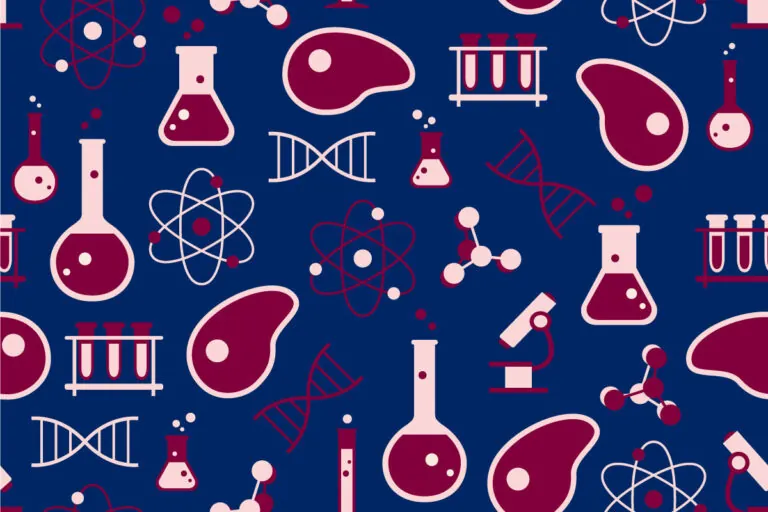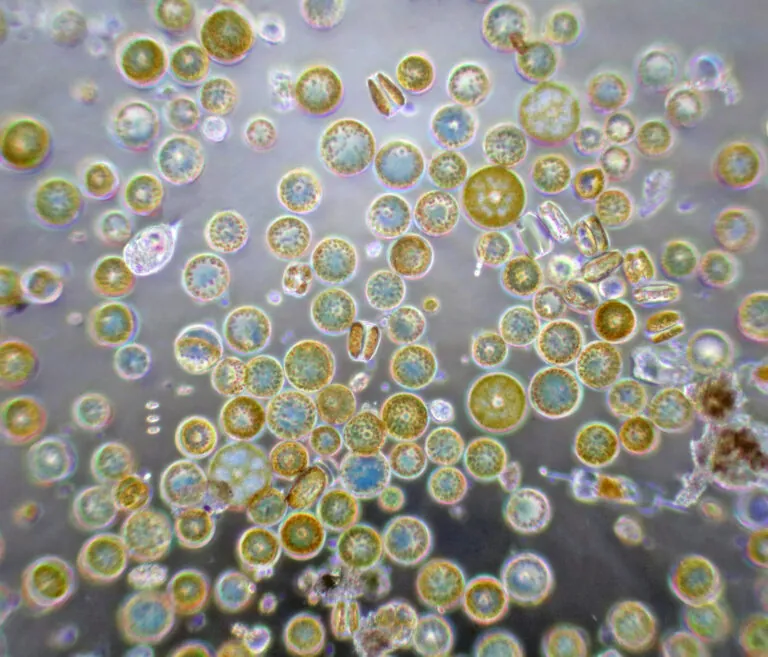We are learning how ecosystems flourish in a changing world.
ISB researchers are investigating the complex relationships within ecosystems to understand how they respond to environmental changes. We are developing solutions to ensure the survival of these natural systems. Our goal is to safeguard the planet’s ecological balance and promote sustainability in the face of global climate challenges.
